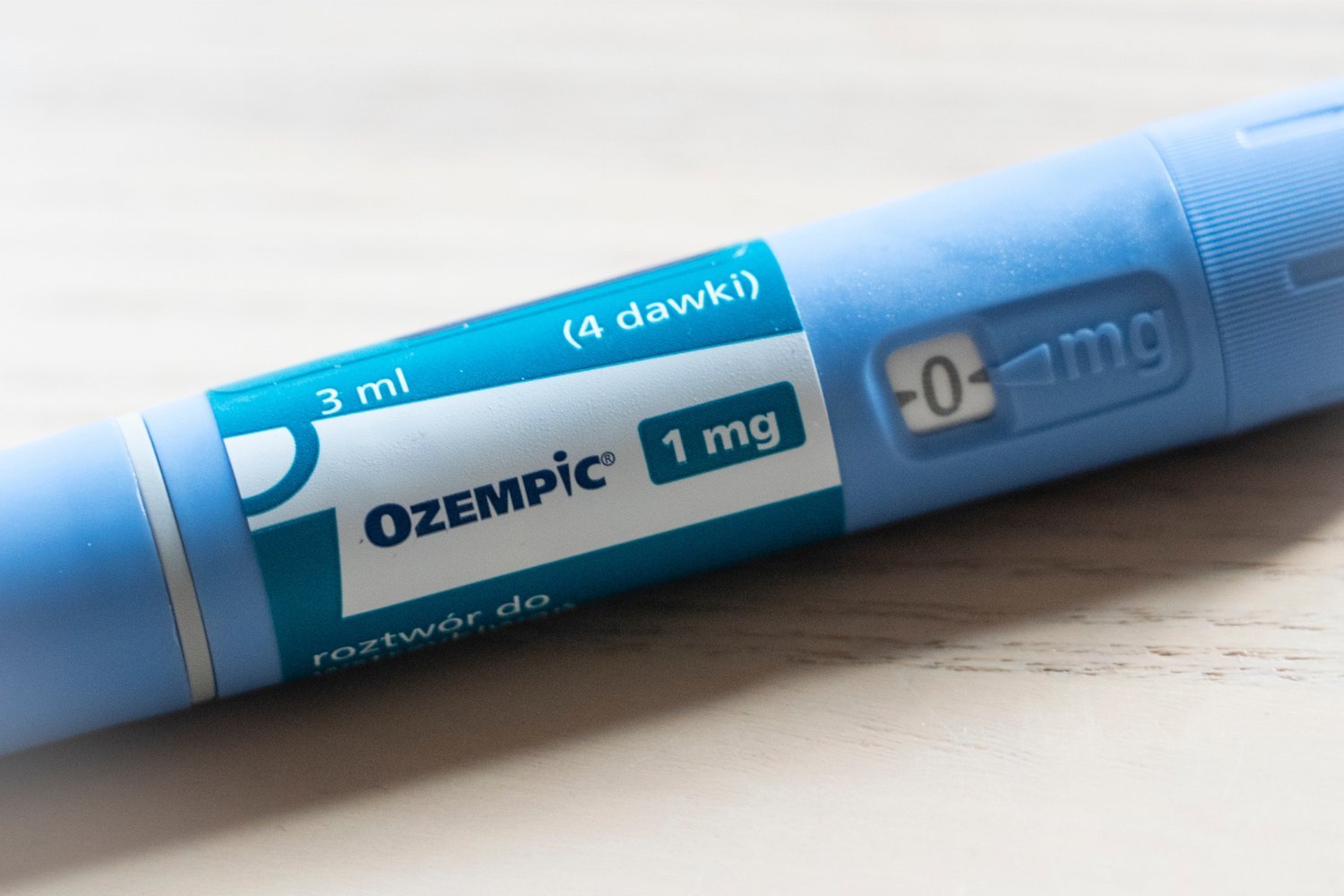Aspirin, a common over-the-counter medication, may hold untapped potential in the fight against cancer. New research published in Nature reveals how aspirin could prevent cancer metastasis, the spread of cancer cells to other parts of the body, in mice. This discovery offers a potential new avenue for preventative treatments for high-risk cancer patients.
Several large randomized controlled trials, originally focused on aspirin’s cardiovascular benefits, unexpectedly showed a decrease in cancer deaths among participants taking daily aspirin. This effect was observed after just a few years of use, suggesting a mechanism beyond simply preventing the initial development of cancer. Professor Rahul Roychoudhuri, a cancer immunology expert at the University of Cambridge and the senior researcher on the study, pointed out this intriguing finding, which led him to explore aspirin’s role in preventing cancer metastasis.
Roychoudhuri and his team studied mice with various cancer types, including breast, colon, and skin cancer. They observed lower rates of metastasis in mice treated with aspirin compared to those untreated. Further investigation revealed a previously unknown biological pathway through which aspirin appears to enhance the immune system’s response to cancer metastasis. The research focuses on platelets, cell fragments vital for blood clotting, and their role in the immune system’s ability to identify and eliminate spreading cancer cells.
Specifically, the study found that aspirin inhibits the production of thromboxane A₂ (TXA₂), a substance released by platelets. TXA₂ appears to suppress the activity of cancer-fighting T cells through a protein called ARHGEF1. By blocking TXA₂ production, aspirin allows these T cells to effectively target and destroy metastatic cancer cells.
While these findings offer a compelling explanation for aspirin’s potential in preventing cancer progression, Roychoudhuri emphasizes the need for human trials to validate these results. He cautions against self-medicating with aspirin for cancer prevention without consulting a doctor. The clinical benefits of this approach might be limited and vary among individuals. Previous research even suggests a potential increased risk of cancer metastasis in individuals over 70 taking aspirin.
Despite these caveats, the research strengthens the argument for aspirin’s potential role in cancer treatment, particularly given its affordability and generally safe profile. This discovery could lead to the development of more targeted therapies with similar mechanisms but fewer side effects, such as the bleeding risks associated with long-term aspirin use.
Roychoudhuri’s team is actively developing these next-generation drugs. They’re also collaborating with the ADD-ASPIRIN study, a clinical trial in the UK investigating aspirin’s impact on cancer outcomes. Furthermore, they are exploring the potential of combining aspirin with other immunotherapies, like checkpoint inhibitors, to enhance the body’s anticancer response.











